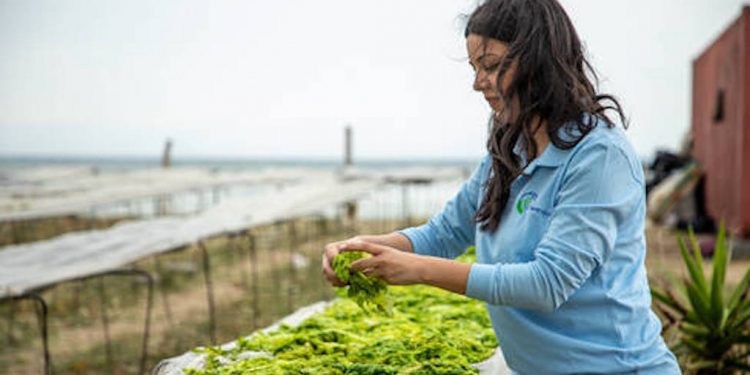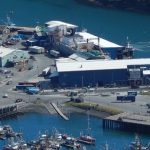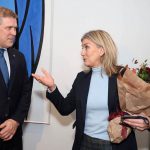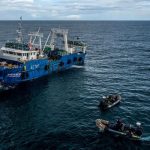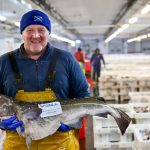A collaboration between the General Fisheries Commission for the Mediterranean (GFCM), Tunisia’s Ministry of Agriculture and local communities and farmers aims to provide training in sustainable aquaculture practices for young women from the Mediterranean and the Black Sea region.
This takes place 5–12th September across various locations in Tunisia. Women in the Mediterranean and the Black Sea play an important role in aquaculture, and contribute to all aspects of the sector – from rearing fish, growing seaweed or other aquatic foods, stocking, quality control to research. What’s more, in recent years, their contributions to this traditionally male-dominated sector have been on the rise.
While across the region, women represent between 17 to 26% of the aquaculture workforce, in some countries, such as Italy, the participation of women in aquaculture rose by over 150% from 2008 to 2014. In other countries, such as Tunisia, aquaculture research is mostly carried out by women – at over 56%.
All the same, women’s contributions often go unnoticed, as these are not reflected in data on the sector. Their voices often go unheard. In addition, opportunities for women – especially young women – to learn about aquaculture or deepen their knowledge on the sector have been scarce.
To address this, the GFCM training will focus on bringing together young women across the Mediterranean and the Black Sea so they can learn about the latest developments in aquaculture and get hands-on exposure to some of the best aquaculture practices in Tunisia.
Training will consist of a series of technical sessions by aquaculture experts from Tunisia and the region on topics ranging from best communications practices to GFCM’s approach for the sustainable development of aquaculture; and seven visits to four regions of Tunisia to learn about small-scale aquaculture and different environments, species and production systems.
The training is in line with GFCM 2030 Strategy for sustainable fisheries and aquaculture in the Mediterranean and the Black Sea, which aims to build an equitable and inclusive aquaculture sector. It also supports the objectives of the International Year of Artisanal Fisheries and Aquaculture (IYAFA) 2022 to enhance the contribution of small-scale aquaculture to sustainable development, and to reinforce the collaboration between farmers, administration and other stakeholders along the value chain.
The training is not solely envisaged to provide young women with access to new knowledge and to build skills, but also to support women’s full and effective participation and equal opportunities for leadership at all levels of decision-making in aquaculture.
Image: GFCM/©Nadia Selmi

